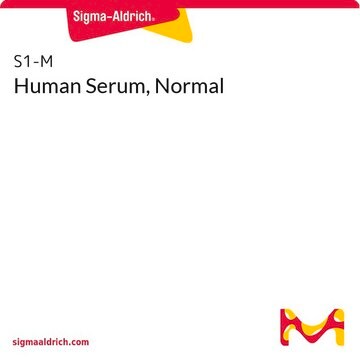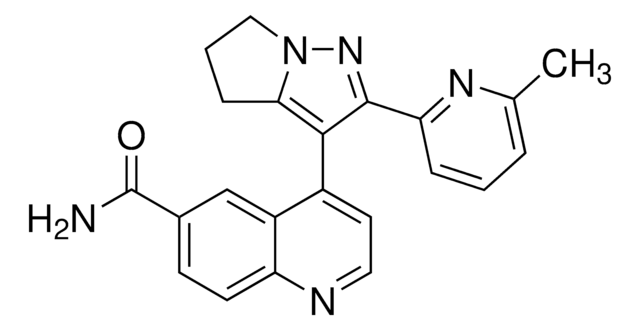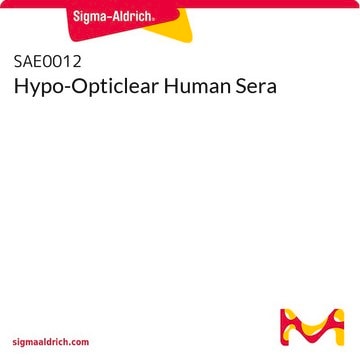S1697
SPD304
≥98% (HPLC), solid
Synonym(s):
6,7-Dimethyl-3-[[methyl[2-[methyl[[1-[3-(trifluoromethyl)phenyl]-1H-indol-3-yl]methyl]amino]ethyl]amino]methyl]-(4H-1-Benzopyran-4-one dihydrochloride, SPD00000304
About This Item
Recommended Products
Quality Level
Assay
≥98% (HPLC)
form
solid
color
white
solubility
H2O: >5 mg/mL
storage temp.
2-8°C
SMILES string
Cl.Cl.CN(CCN(C)Cc1cn(-c2cccc(c2)C(F)(F)F)c3ccccc13)CC4=COc5cc(C)c(C)cc5C4=O
InChI
1S/C32H32F3N3O2.2ClH/c1-21-14-28-30(15-22(21)2)40-20-24(31(28)39)18-37(4)13-12-36(3)17-23-19-38(29-11-6-5-10-27(23)29)26-9-7-8-25(16-26)32(33,34)35;;/h5-11,14-16,19-20H,12-13,17-18H2,1-4H3;2*1H
InChI key
GOZMBJCYMQQACI-UHFFFAOYSA-N
Gene Information
human ... TNF(7124)
mouse ... TNF(21926)
rat ... TNF(24835)
Application
Biochem/physiol Actions
Storage Class Code
11 - Combustible Solids
WGK
WGK 3
Personal Protective Equipment
Choose from one of the most recent versions:
Certificates of Analysis (COA)
Don't see the Right Version?
If you require a particular version, you can look up a specific certificate by the Lot or Batch number.
Already Own This Product?
Find documentation for the products that you have recently purchased in the Document Library.
Our team of scientists has experience in all areas of research including Life Science, Material Science, Chemical Synthesis, Chromatography, Analytical and many others.
Contact Technical Service








